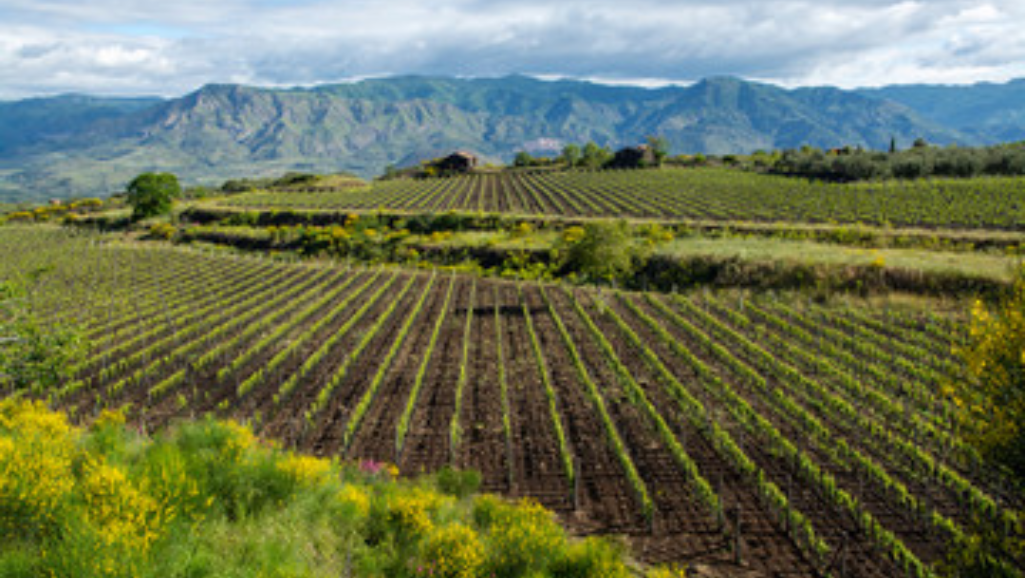Are you curious about how many wine producers there are in the UK? Well, you’re in luck! In this article, we’ll explore the fascinating world of wine production in the UK and provide you with an overview of the wine producers in England and Wales. Get ready to uncork some knowledge and discover the future of the UK wine industry. So grab a glass and let’s dive in!
Contents
The History of Wine Production in the UK
The history of wine production in the UK can be traced back to the Roman era. Over the centuries, there has been a significant evolution in wine making techniques in the country. Initially, the Romans introduced vineyards to the UK, and their influence can still be seen today in places like Sussex and Kent, which have become renowned wine regions. However, it wasn’t until the Middle Ages that wine production really took off, with monastic communities playing a key role in cultivating vineyards and perfecting winemaking methods.
Since then, the UK wine industry has faced various challenges, including the impact of climate change. With rising temperatures and changing weather patterns, grape varieties that were once unsuitable for the UK are now thriving. This has led to an expansion of vineyards and an increase in the quality of English wines. In fact, the UK has gained recognition as a producer of world-class sparkling wines, competing with renowned Champagne houses.
In recent years, the UK has seen a surge in wine production, with more vineyards being established across the country. The combination of improved winemaking techniques and the changing climate has created exciting opportunities for British wine producers. As a result, the UK wine industry is now flourishing, producing wines that are gaining international acclaim.
Factors Contributing to the Growth of the UK Wine Industry
There are several factors that have contributed to the growth of the UK wine industry. One of these factors is the adoption of sustainability practices by wine producers. In recent years, there has been a growing awareness of the impact of agriculture on the environment, and consumers are increasingly looking for wines that are produced in a sustainable and eco-friendly manner. Many UK wine producers have responded to this demand by implementing sustainable farming practices, such as organic and biodynamic viticulture, as well as reducing their carbon footprint through energy-efficient production methods.
Another factor that has contributed to the growth of the UK wine industry is changing consumer preferences. In the past, the UK was primarily known for its consumption of imported wines, particularly from countries like France, Italy, and Spain. However, there has been a shift in recent years, with consumers showing a greater interest in locally produced wines. This change in preference has opened up opportunities for UK wine producers to showcase their products and gain recognition both domestically and internationally.
Overview of Wine Producers in England
To get an overview of wine producers in England, let’s delve into the number of wineries thriving in the region. Despite its reputation as a nation for tea-drinkers, England has seen a remarkable growth in its wine industry over the past few decades.
Here are some key facts about English vineyards and wine tourism:
- Number of Vineyards: England is home to over 800 vineyards, spread across the country. These vineyards vary in size, from small boutique wineries to larger commercial operations.
- Wine Regions: England has several distinct wine regions, each with its own unique terroir. Some of the most prominent wine regions include Sussex, Kent, Hampshire, and Cornwall.
- Grape Varieties: English vineyards primarily focus on growing cool-climate grape varieties such as Chardonnay, Pinot Noir, and Bacchus. These grapes thrive in the English climate, resulting in high-quality sparkling wines and still wines.
- Wine Tourism: The growing popularity of English wines has led to an increase in wine tourism. Many vineyards now offer tasting tours, cellar door experiences, and even accommodation options for visitors to immerse themselves in the world of English wine.
With its picturesque landscapes, diverse wine regions, and increasing recognition for its wines, England is quickly making a name for itself in the world of wine. Whether you’re a wine enthusiast or simply curious about English wines, exploring the vineyards and indulging in wine tourism is a delightful experience.
Overview of Wine Producers in Wales
Continuing with the exploration of wine producers in the UK, let’s now turn our attention to the wine industry in Wales. Although often overshadowed by its English counterpart, the Welsh wine industry is steadily gaining recognition for its quality and unique offerings. With a growing number of vineyards scattered across the country, Wales is proving to be a promising player in the world of wine.
The Welsh wine industry benefits from a variety of grape varieties that thrive in the country’s cool and damp climate. Some of the popular grape varieties grown in Wales include Seyval Blanc, Madeleine Angevine, and Triomphe d’Alsace for white wines, and Rondo, Pinot Noir, and Regent for red wines. These grape varieties are well-suited to the Welsh climate, producing wines with distinct flavors and characteristics.
Welsh wine producers are known for their commitment to quality and sustainability. Many vineyards in Wales practice organic and biodynamic farming methods, ensuring that their wines are not only delicious but also environmentally friendly. Additionally, the Welsh wine industry has embraced innovation, with some vineyards experimenting with unique winemaking techniques and producing unconventional yet delightful wines.
As the Welsh wine industry continues to flourish, it is steadily gaining recognition both domestically and internationally. With its focus on quality, unique grape varieties, and commitment to sustainability, the Welsh wine industry is definitely one to watch. So, the next time you’re looking for a new and exciting wine experience, don’t forget to give Welsh wines a try.
The Future of Wine Production in the UK
Looking ahead, the future of wine production in the UK holds great promise for both established and emerging vineyards. As the industry continues to grow, there are several key factors that will shape the future of UK wine production.
Here are four important aspects to consider:
- Sustainable practices in UK wine production: With an increasing focus on environmental sustainability, vineyards in the UK are adopting practices that minimize their impact on the environment. From organic and biodynamic farming to reducing water usage and employing renewable energy sources, sustainability is becoming a priority for wine producers.
- Impact of climate change on the UK wine industry: Climate change is altering the landscape of wine production around the world, and the UK is no exception. Rising temperatures and changing weather patterns are creating new opportunities for grape cultivation in regions that were previously unsuitable. However, it also brings challenges such as increased risk of pests and diseases. Vineyards must adapt and innovate to thrive in this changing climate.
- Growing recognition of English sparkling wine: English sparkling wine has gained international acclaim in recent years, rivaling Champagne in quality. As more consumers recognize the excellence of English sparkling wine, its demand and production are expected to increase, further boosting the UK wine industry.
- Investment in research and development: To stay competitive, UK wine producers are investing in research and development. This includes experimenting with new grape varieties, refining winemaking techniques, and exploring innovative technologies. These efforts will continue to drive the growth and success of the UK wine industry in the future.
With sustainable practices, adaptation to climate change, growing recognition of English sparkling wine, and investments in research and development, the future of wine production in the UK looks bright. Both established vineyards and emerging producers have exciting opportunities ahead as they contribute to the flourishing UK wine industry.




